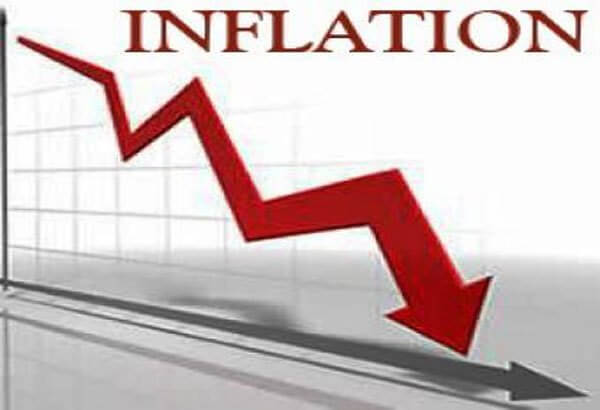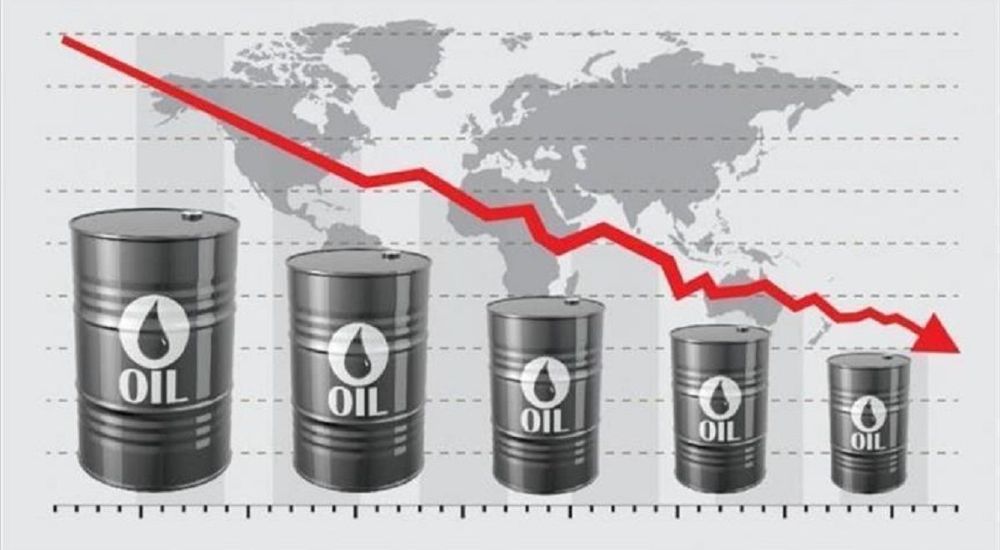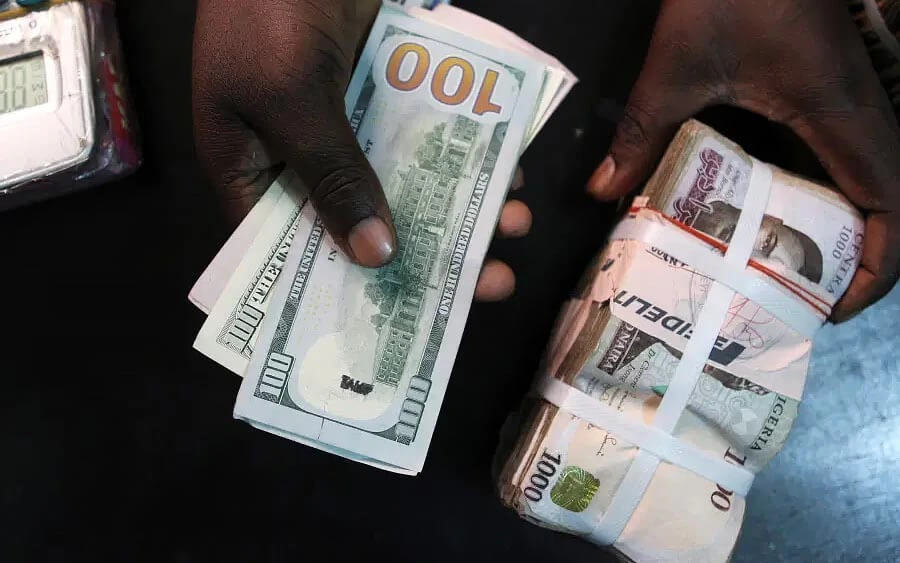April Inflation Decline Caused By Seasonal Relief, Base Effect – Financial Experts

Nigeria’s inflation rate eased slightly in April 2025, dropping to 23.71 per cent from 24.01 per cent recorded in March, according to the latest data from the National Bureau of Statistics (NBS).
While the marginal moderation offers a brief respite from months of rising consumer prices, financial experts have cautioned against reading too much into the figures, warning that structural challenges continue to pose significant inflationary risks.
Regarding the development, Managing Director and CEO of Arthur Steven Asset Management Limited and former President of the Chartered Institute of Stockbrokers, Mr Tunde Amolegbe, described the dip as a “welcome relief”. Still, they stressed that it does not yet indicate a sustainable trend.
“We’ve seen fluctuations over the last four months, so it’s still too early to celebrate or make decisive policy shifts,” he said in an interview with THE WHISTLER.
Amolegbe attributed the decline to seasonal factors, including the onset of the harvest season, which helped lower food prices — a major component of Nigeria’s inflation basket.
He also pointed to the increased availability of imported grains and relative stability in energy prices as contributing factors.
“These temporary dynamics provided some cushion, but what Nigerians need is consistent, broad-based disinflation before any meaningful relief can be felt,” he added.
Group Managing Director Crane Securities Limited, Mr. Mike Eze echoed similar sentiments, noting that while the dip may seem encouraging, it does not necessarily reflect a reversal in inflationary pressures.
“This easing in the inflation rate is certainly a positive step, especially after months of relentless upward pressure on consumer prices. However, the drop in points does not yet suggest a reversal in trend — it merely shows that inflationary pressures are cooling slightly,” the analyst said.
The moderation, Eze explained, may be attributed to seasonal factors, including increased food supply from early harvests and improved availability of imported grains, which helped ease pressure on food prices — a major component of the inflation basket.
“Stable energy prices also appear to have contributed, alongside a stronger naira in recent weeks, which may have slightly improved import conditions,” he added.
However, concerns remain about the sustainability of this relief. “What’s critical now is whether this moderation will continue into subsequent months. Nigeria’s inflation has been driven by a complex mix of supply-side disruptions, currency volatility, elevated transportation costs, and insecurity in food-producing areas. These structural issues are still very much in play.”
Eze also pointed to monetary policy challenges facing the Central Bank of Nigeria.
“The Monetary Policy Committee is likely to remain cautious. Without consistent disinflation over the coming quarters, they may find it difficult to ease rates or shift from a hawkish stance.”
While the April figures offer a glimmer of hope for households battered by high living costs, Eze concluded that more sustained and broad-based improvements would be needed before Nigerians can truly begin to feel relief from inflationary pressures.
Head of Research at Afrinvest West Africa, Damilare Asimiyu added a statistical perspective, explaining that the moderation was largely expected due to a favourable base effect.
“April 2024 marked a significant inflationary peak. On a year-on-year basis, this naturally creates a downward bias, even if prices continue to rise month-on-month,” he said.
Asimiyu warned that the base effect can mask persistent upward price movements and advised against overinterpreting the year-on-year decline as a sign of improving economic fundamentals.
“This kind of statistical distortion can give a false sense of relief, especially in an environment where food insecurity, exchange rate volatility, and energy costs remain pressing concerns,” he noted.
Despite the dip, the Central Bank of Nigeria (CBN) is expected to maintain a cautious monetary policy stance. The Monetary Policy Committee (MPC) has held off on adjusting interest rates in recent months, opting instead to monitor the inflation trajectory for signs of a sustained trend.
Analysts agree that until there is consistent month-on-month moderation, backed by structural reforms and improved supply-side conditions, the impact of inflation will remain burdensome for Nigerian households and businesses alike.
While the April figure offers a glimmer of hope, it is far from conclusive — and policymakers, investors, and citizens should brace for continued uncertainty in the months ahead.
April Inflation Decline Caused By Seasonal Relief, Base Effect – Financial Experts is first published on The Whistler Newspaper




